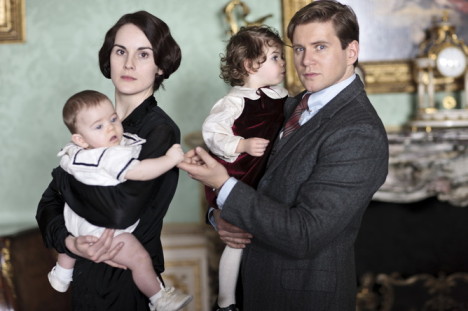How Downton Abbey gets away with breaking all the rules
 Ratings favourite Downton Abbey is a success because it doesn’t follow all the traditional rules of television writes the University of Melbourne’s Luke Devenish.
Ratings favourite Downton Abbey is a success because it doesn’t follow all the traditional rules of television writes the University of Melbourne’s Luke Devenish.
When Downton Abbey finally returns to our tellies for a fourth season (we hope it will be “soon” but Channel Seven is keeping its powder dry) it’ll be sans its scheming troublemaker. Australian fans are eagerly awaiting the new season – as reports from the UK and the US indicate there are big changes in store.
The malicious Miss O’Brien is going to do a moonlight flit in the very first scene, leaving Lady Grantham to confront the dismaying prospect of lacing her own stays.



Nice piece – totally agree about the lack of motivation. That ties into why Downton lost me: no character development. Every character – except the social climbing Radical driver guy – have changed in any real way, irrespective of the massive events around them. This means that characters start and respond to conflicts in the same ways. It’s exasperating and, well, a bit dumb.
As I’m reading this article, I’m wondering two things:
What the heck is this TL:DR article doing on Mumbrella (revealed at the very end to be originally published on a site where readers expect a long, Culturefest-like analysis); and
I feel like a Wizard waiting for the Muggles watching it on Free to Air TV to catch up with Season 4, already seen on BBC, and now showing on US PBS, with a free online viewing available the next day. Fire up those AppleTVs to quasi-legally watch it.
M-a-a-t-e get a life!
Definitely believe that which you stated. Your favorite reason seemed to be on the net the simplest thing to be aware of.
I say to you, I certainly get irked while people consider worries
that they just don’t know about. You managed to hit the nail upon the top and defined out the whole thing without having side
effect , people can take a signal. Will likely be back to
get more. Thanks